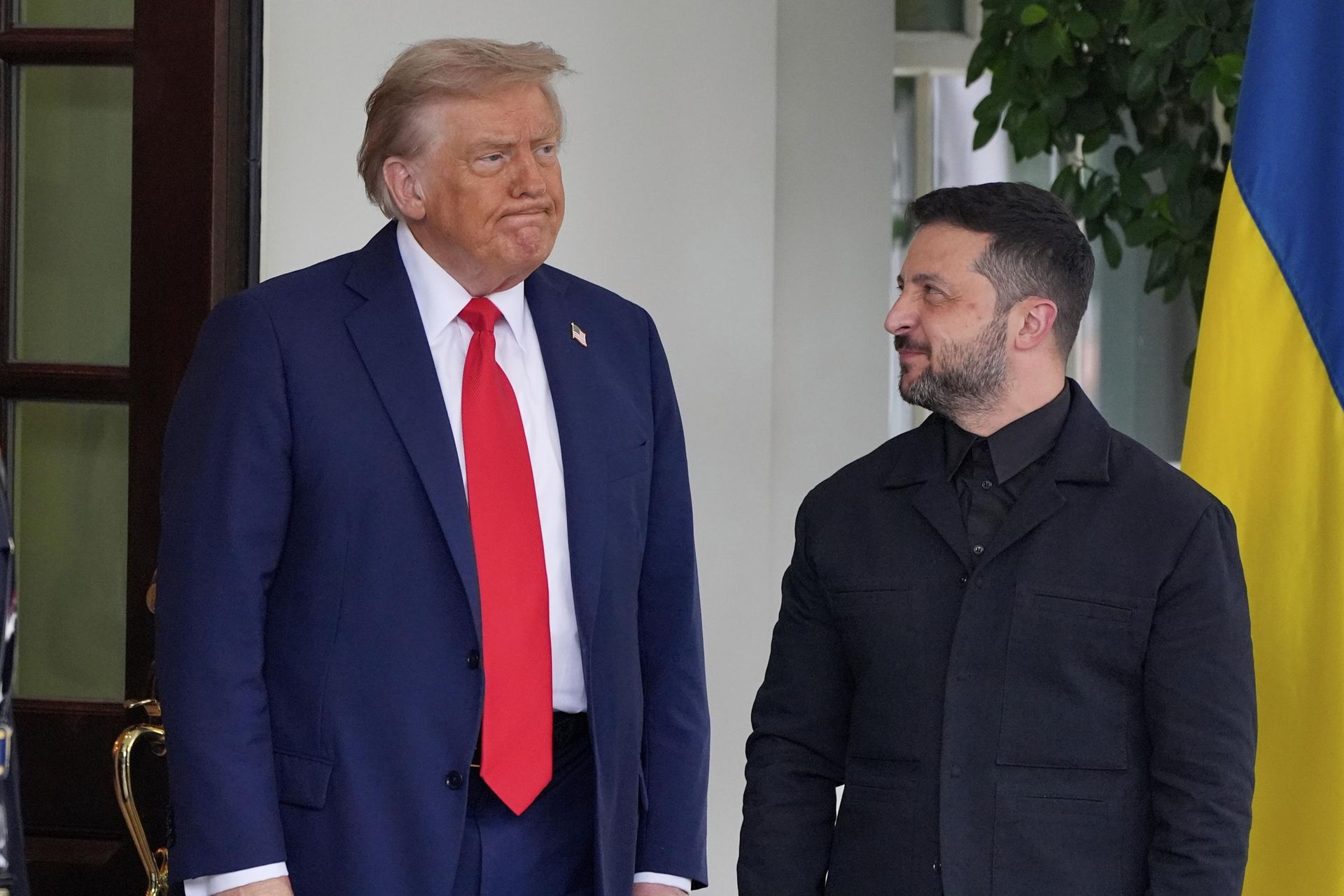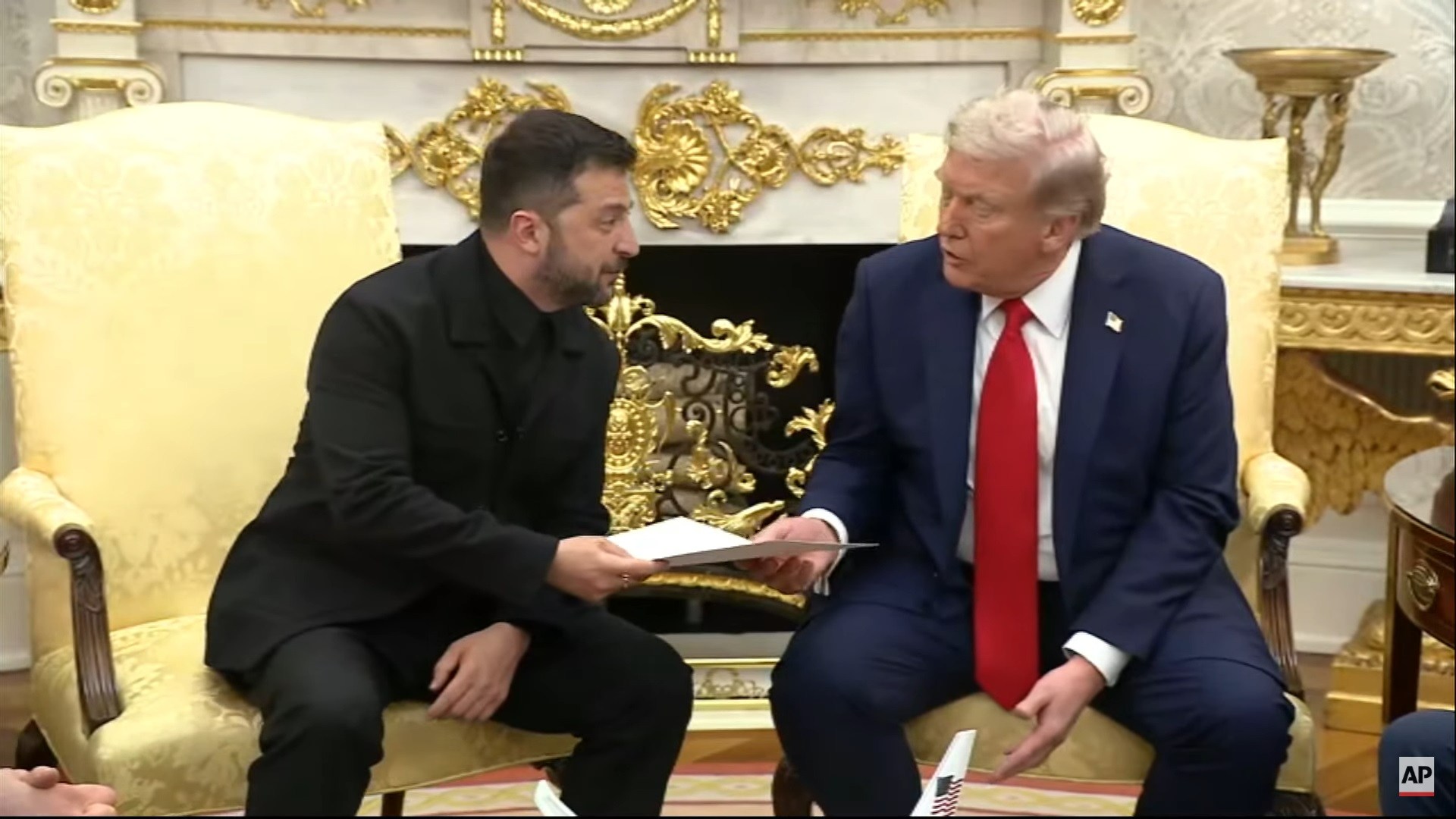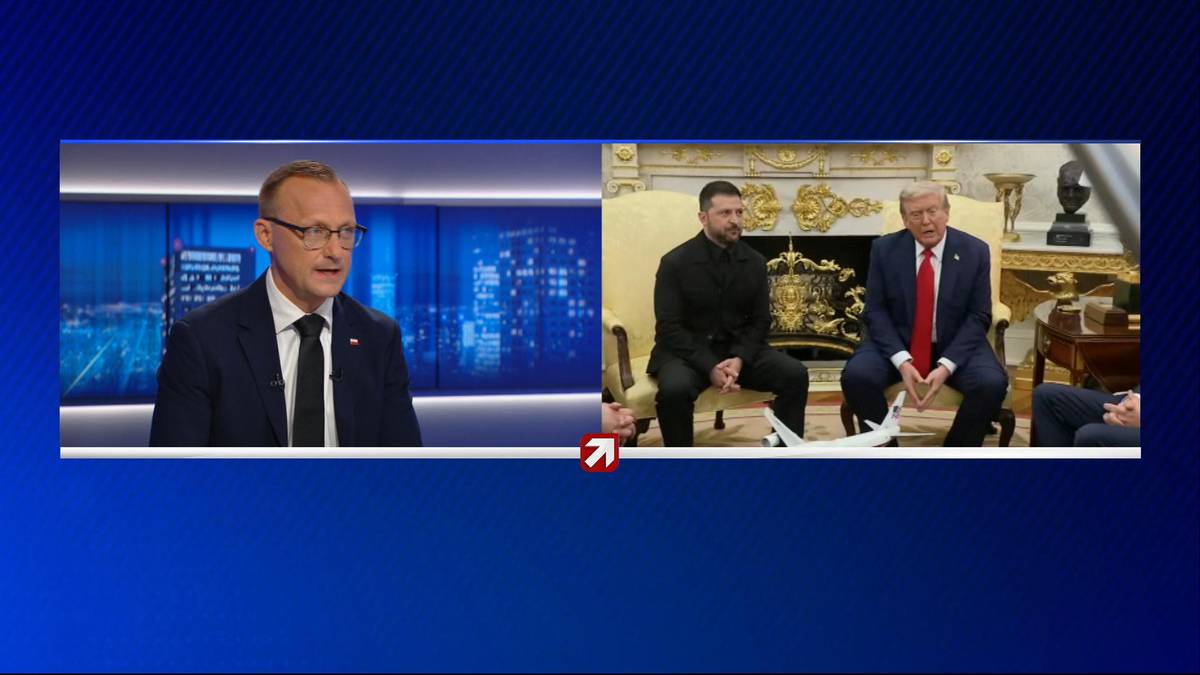The Sweet Sorrow Of Warren Buffett’s Parting
Submitted by QTR’s Fringe Finance
It’s poetic that Warren Buffett is now stepping down at Berkshire Hathaway after one of the most extraordinary investing careers in modern history.
I’ll save you the adulation for his investing acumen and commitment to high-quality American companies, as the financial news will be replete with these testimonials for the foreseeable future.
I’ve occasionally tried to shine a slightly different light on Buffett because, in addition to being a savvy investor, he was also a tremendous beneficiary of monetary policy that simply kept markets moving higher over time. But don’t get me wrong: Buffett’s knack for outperforming the overall market undoubtedly solidifies him as legend.
He’s also far more of a shark than most people believe him to be. Some of the stories that get passed around in the financial underworld paint a very different picture of Warren Buffett than the jolly old man happy to sit and laugh with Becky Quick. His patience was unmatched, and his ability to leverage his brand into extraordinarily favorable transactions with companies who desperately needed capital became the best self-fulfilling prophecy investment tool there ever was.
Because Buffett had all the capital and all the brand equity in the world—and because his cheery demeanor belied his ruthless style—companies sought him out not only when they needed capital, but also a vote of confidence.
As I reflect on it now, Buffett was the perfect balance of cutthroat investor and public relations polish. And whether his “never bet against America” shtick was honestly how he felt or not, it was instrumental in driving decades of goodwill toward the American financial system. He was the cornerstone of the list of reasons people globally wanted to invest in American exceptionalism.
Buffett put an investing face to many of the greatest American companies in history. Names like Bank of America, Coca-Cola, McDonald’s, American Express, and Apple all became widely accepted as “blue chips,” with some measure of Warren Buffett’s help, as his image and likeness acted as liaison between major corporations and Main Street investors.
But while many people will spend today celebrating his legendary career and speculating about the future of Berkshire Hathaway, to me the timing really does make it feel like sweet sorrow.
As everybody knows, Berkshire is flush with almost $350 billion in cash. Media has harped on how large its cash position has gotten and everyone has speculated about how and when it said cash may be deployed. Ergo, one way to look at Berkshire today is that the company is waiting to pounce on the next great opportunity. But another way to look at it is that, sadly, there’s nothing worth buying. Buffett’s legacy will not be a couple of major parting investments in America, or in up-and-coming U.S. companies as he has preached, but rather a declaration that there simply isn’t anything out there that deserves his capital right now.
At the same time, a broader debate is raging in the country about whether or not our productive capacity and manufacturing ethos have been stripped from our nation. There’s no more hotly contested topic right now than our nation’s major trade imbalance and our fiscal policy of exporting printed U.S. dollars while importing an unsustainably high quality of life—fueled by a growing debt pile and major fiscal deficits.
Enjoying this article? Get 50% OFF FOR LIFE: Using this coupon entitles you to 50% off an annual subscription to Fringe Finance for life: Get 50% off forever
The country that helped make Berkshire Hathaway early on was a country rooted in manufacturing and production. Early on, Buffett acquired Nebraska Furniture Mart, a family-run business, and See’s Candies, an American manufacturer and distributor of candies founded in California in 1921 — quintessential American manufacturing and sales.
Before quantitative easing distorted markets to the point where they are expected to trade at 30x earnings at all times—for no reason other than “unlimited” fiat liquidity from lax central bank policy—companies actually needed to generate a profit and produce goods in order to be successful. And Buffett’s knack was identifying these fairly priced, cash-generative companies with great growth potential.
Nowadays, all companies need to be successful is to get a semi-unvetted listing anywhere on any U.S. stock market through a SPAC, burn through tons of cash while lying about their future prospects, and sell as much equity as possible to financial institutions that will eventually be bailed out for their poor decisions. In the year 2025, the Fed is the rising liquidity tide lifting all dogshit company boats.
When Berkshire was making the meaningful investments that turned it into the monolith it is today, money was sounder, markets were less distorted, and investing required far more calibration toward value and actual analysis. Now, the stock market has simply become an out-of-control casino where valuations, prices, and financial metrics don’t matter—and liquidity is, to quote Fed Governor Neel Kashkari, “infinite.”
Austrian-focused market analysts like myself have argued that there will be a large price to pay for how distorted our public markets have become. I’ve also argued that the gutting of our nation’s productive capacity and manufacturing base, as well as our commitment to borrowing, can’t and won’t last forever.
But as everybody has sat around waiting for us “broken clocks” to eventually be proven right by some exogenous, catastrophic financial unknown, the market has slowly been mutating into an entity that may never be “cheap” again—because all semblance of value investing and active management have been replaced in favor of bullshit CEO storytelling, a relentless passive bid and 0DTE option gamma acting as the tail that wags the market dog.
Whether intentional or not, Buffett’s retirement personifies just how distorted our markets have become and how different the playing field is now than it was 50 years ago. Maybe it’s nothing more than a coincidence that Buffett is going out with a large cash pile and no new major investments at a time when manufacturing in our country has never been more on the ropes. But for me, I’m equal parts in a state of reverence for all Buffett accomplished, and saddened by the “between the lines” commentary his retirement makes about the state of the country and the market today.
It’s easy to crown Buffett as the best that’s ever done it—I don’t think anybody will argue that. But there is an underlying Shakespearean-style tragic element to the timing of his stepping down — one that silently tugs at me in the background, suggesting that the days of investing exceptionalism and of true grit, promise, productivity, and manufacturing in America—are behind us.
Now read:
- Is This the Man Who Created Covid-19 In Fauci’s US Lab?
- Is Bitcoin Ready To Retire Gold?
- Sweet Fictitious Ignorant Bliss
- The Assault on Substack Takes Predictable Shape
- Uncertainty Is „Paralyzing” For Markets
QTR’s Disclaimer: Please read my full legal disclaimer on my About page here. This post represents my opinions only. In addition, please understand I am an idiot and often get things wrong and lose money. I may own or transact in any names mentioned in this piece at any time without warning. Contributor posts and aggregated posts have been hand selected by me, have not been fact checked and are the opinions of their authors. They are either submitted to QTR by their author, reprinted under a Creative Commons license with my best effort to uphold what the license asks, or with the permission of the author.
This is not a recommendation to buy or sell any stocks or securities, just my opinions. I often lose money on positions I trade/invest in. I may add any name mentioned in this article and sell any name mentioned in this piece at any time, without further warning. None of this is a solicitation to buy or sell securities. I may or may not own names I write about and are watching. Sometimes I’m bullish without owning things, sometimes I’m bearish and do own things. Just assume my positions could be exactly the opposite of what you think they are just in case. If I’m long I could quickly be short and vice versa. I won’t update my positions. All positions can change immediately as soon as I publish this, with or without notice and at any point I can be long, short or neutral on any position. You are on your own. Do not make decisions based on my blog. I exist on the fringe. The publisher does not guarantee the accuracy or completeness of the information provided in this page. These are not the opinions of any of my employers, partners, or associates. I did my best to be honest about my disclosures but can’t guarantee I am right; I write these posts after a couple beers sometimes. I edit after my posts are published because I’m impatient and lazy, so if you see a typo, check back in a half hour. Also, I just straight up get shit wrong a lot. I mention it twice because it’s that important.
Tyler Durden
Sun, 05/04/2025 – 10:30

















![Zasiłek może przyznać nie tylko MOPS, ale i SKO [Przykład]](https://g.infor.pl/p/_files/38488000/podwyzki-38487763.jpg)
